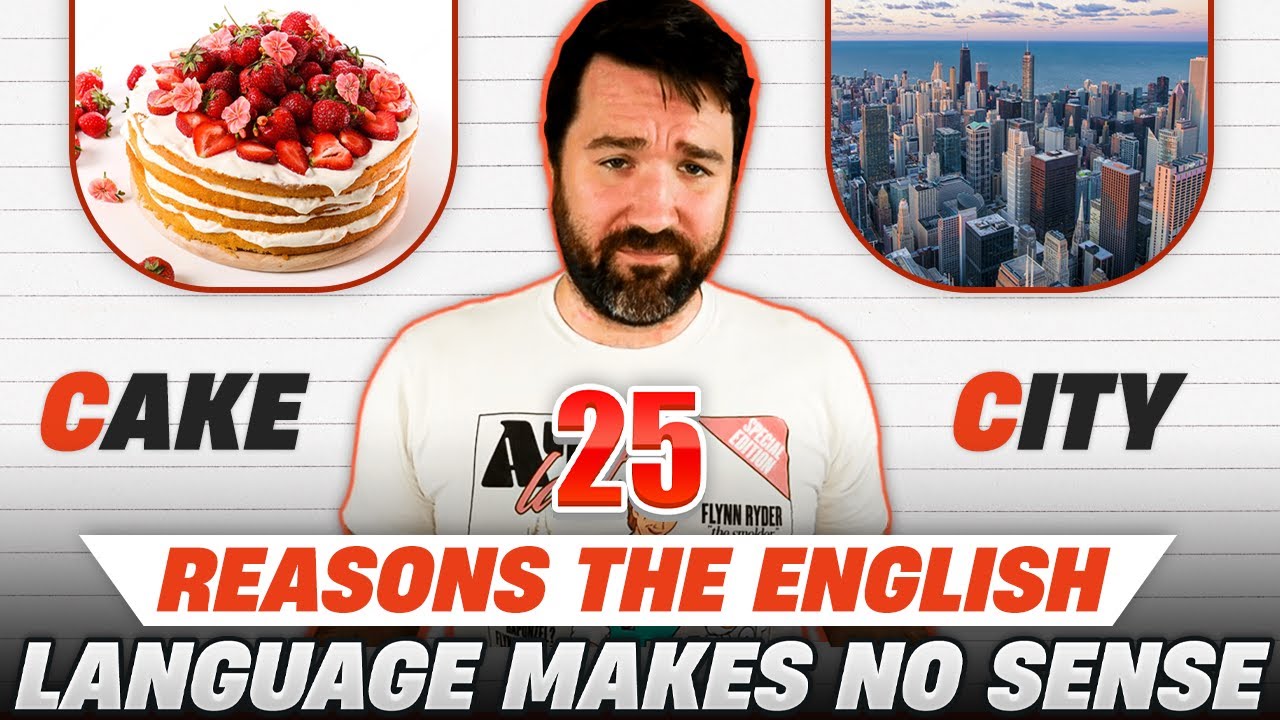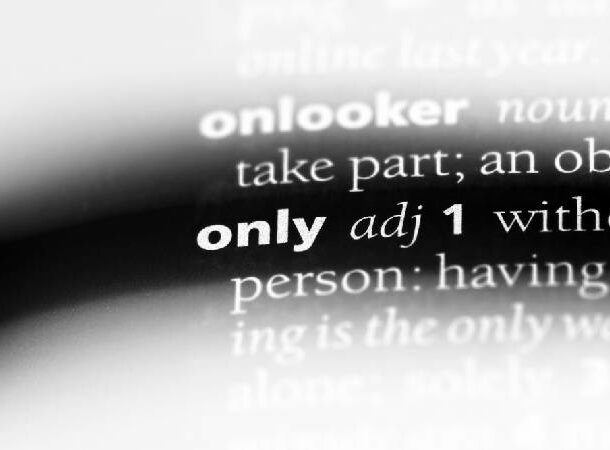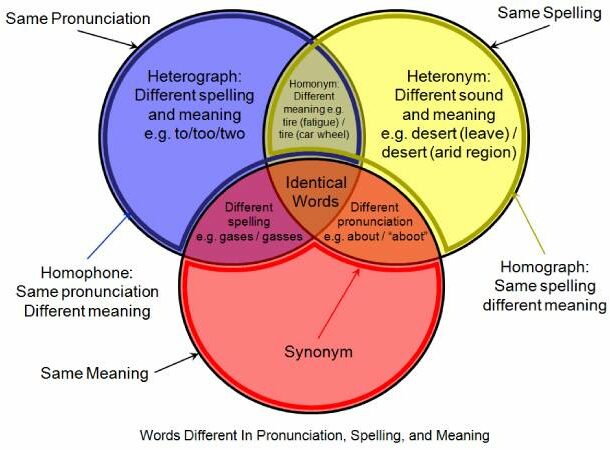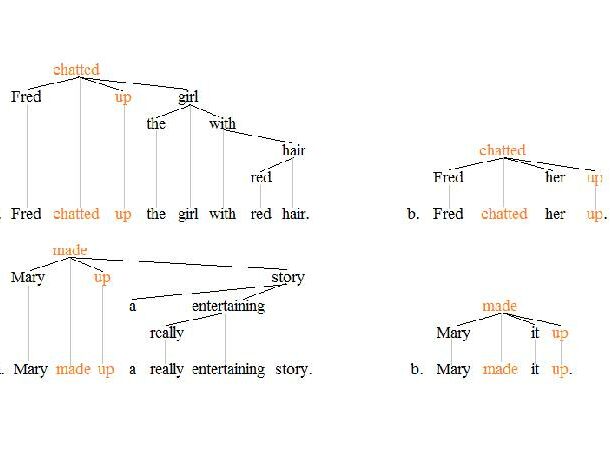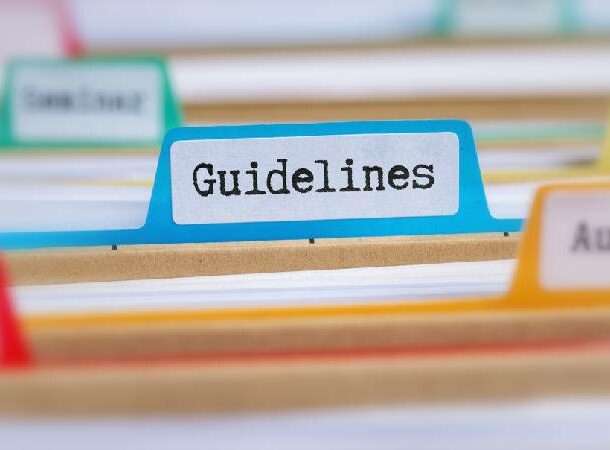After hearing this list, you’ll question many things about English. So here are 25 Reasons the English Language Makes No Sense.
These words represent abstract concepts that can be measured but not counted. Here are a few common ones: equipment, homework, traffic, advice, education, water, coffee So you cannot say, “I have lots of homeworks,” or “My mother gave me lots of advices.” How do you know which nouns are non-count? Unfortunately, it’s a lot of memorization and repetition. For example: Let’s go to the store, Cindy. While this doesn’t seem like a big deal, it can mean figurative life or death. Let’s eat, grandma. (You’re suggesting lunch to grandma.) Let’s eat grandma. (Grandma is on the menu. Poor grandma.) Let’s add “only” to this sentence: She told him she only loved him. Only she told him that she loved him. (No one else told him.) She only told him that she loved him. (What’s the big deal?) She told only him that she loved him. (She didn’t tell anyone else.) She told him only that she loved him. (She didn’t say anything else.) She told him that she only loved him. (It’s only love. Nothing else.) She told him that she loved only him. / She said to him that she loved him only. (She didn’t love anyone else.) Woohoo, English! There are similes – She’s as busy as a bee. He’s blind as a bat. Metaphors – Life is a highway. He has a heart of stone. Hyperbole – I’m so hungry I could eat a horse. My feet are killing me. oxymoron – awfully good; bittersweet; pretty ugly For instance, you can say, “She’s very content with her life,” or “The website has a lot of new content.” Other examples would be, “Be careful not to tear the pages in the book,” and “He cut the onion and didn’t shed a tear.” However, if you are just learning English, it’s more memorization than intuition at first. The order goes opinion, size, age, shape, color, origin, material, purpose, qualifier, and noun. In case you were curious. Yeah, I know. It was hard to write, too. You can also use a word that’s usually a noun, but you can use it as a verb. For example, she friended me on social media.” Phrasal verbs are two or three-part verbs that include a verb with an adverb or preposition. Here are some examples: You should look into (consider exploring) subscribing to our channel. We get into (discuss extensively) a lot of topics that you will look forward to (be excited) hearing about each week. Put these verbs into a translator, and you’ll get confusing results. For example, in Spanish, you address your grandparents and boss using usted, but for your friends – you address them using the pronoun tú. In English, both usted and tú are expressed as “you,” so we express formality more in the vocabulary used. Slang and curse words are reserved for close peers and friends, but they are used much less with elders or business superiors. When do you say you’re going TO the store, and when do you say you’re going IN the store? Why do you hang out ON the beach but AT the park? Good questions. YAY, prepositions!! JIM didn’t steal the purse. (Someone did, but it wasn’t Jim.) Jim DIDN’T steal the purse. (Stop saying he did. In case we weren’t clear, he did not do it.) Jim didn’t STEAL the purse. (He was just borrowing it for a moment. Honest.) Jim didn’t steal the PURSE. (He stole the backpack, not the purse.) English is one language that has a LOT of silent letters. Think about these words -lamb and numb have silent Bs; scissors and muscles have silent Cs; and wrestle and wrinkle have silent Ws. Let’s not forget to mention the word Queue – not one silent letter; not 2, but FOUR silent letters. However, there are about 20 vowel sounds in English, making it very difficult to know when to pronounce each vowel the way it’s supposed to be. Of course, there are rules and exceptions, too. For those whose native language does not have five vowel sounds, English can be maddening. There are 12 – yes, 12 tenses in English, and some are difficult to translate the meaning in other languages. Here they are: You have tenses in the present: Simple Present, Present Progressive, Present Perfect, Present Perfect Progressive She dances, She is dancing, She has danced, She has been dancing You have tenses in the past: Simple Past, Past Progressive, Past Perfect, Past Perfect Progressive She danced, She was dancing, She had danced, She had been dancing You have tenses in the future: Simple Future, Future progressive, Future Perfect, Future Perfect Progressive She will dance, She will be dancing, She will have danced, She will have been dancing *phew – my grammar teacher would be proud! Expressions like “piece of cake” and “hitting the books” are bizarre expressions if taken literally. They can really “throw people off” or confuse them, and we use them often! Why do your fridge and dishwasher run, but your stove and oven are just on or off? How can you “be into” a hobby when sitting at your desk? Why would you hit the sack to fall asleep? The world may never know. -ough can sound like “off,” as in cough and trough. -gh can be silent while the ou sounds like the alphabet name “O” in the dough, although, and thorough. -gh can be silent while the ou sounds like you just saw a cute puppy or baby, as in brought, sought, and thought. -ough is like “uhh-ff” in rough, tough, and enough. -ough is like “ow” with a silent gh in plough, drought, and bough, and it’s like “oo” with a silent gh in through. ‘This’ sounds quite true, although other grammar or spelling rules usually override that other rule. Hence, the “exception,” Not to mention that each discipline/area seems to have a slightly different rulebook. Here is a common one: I before e except after c – did you know there’s another part to the mnemonic? Or when it sounded as A as in neighbor or weighed.
